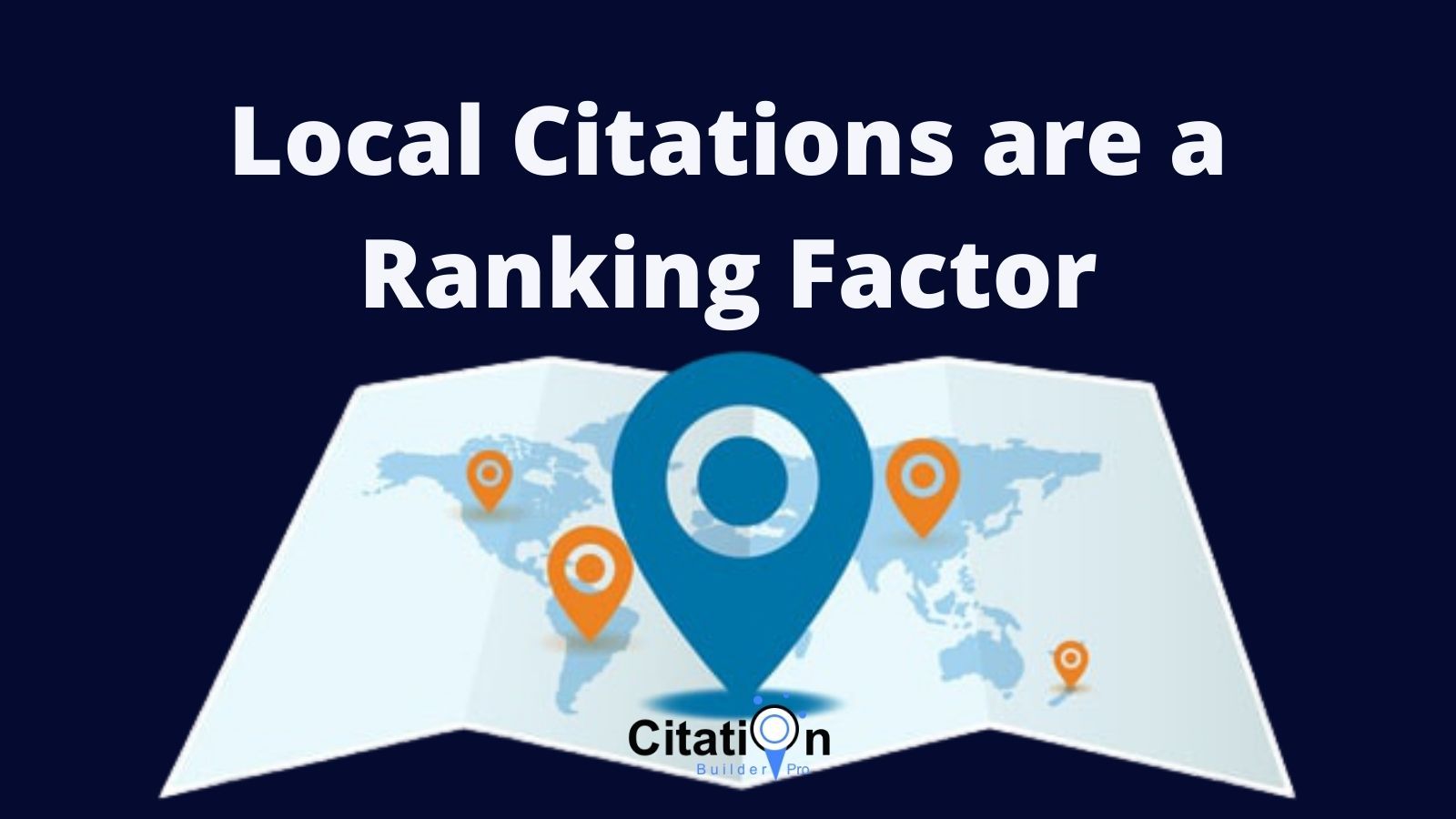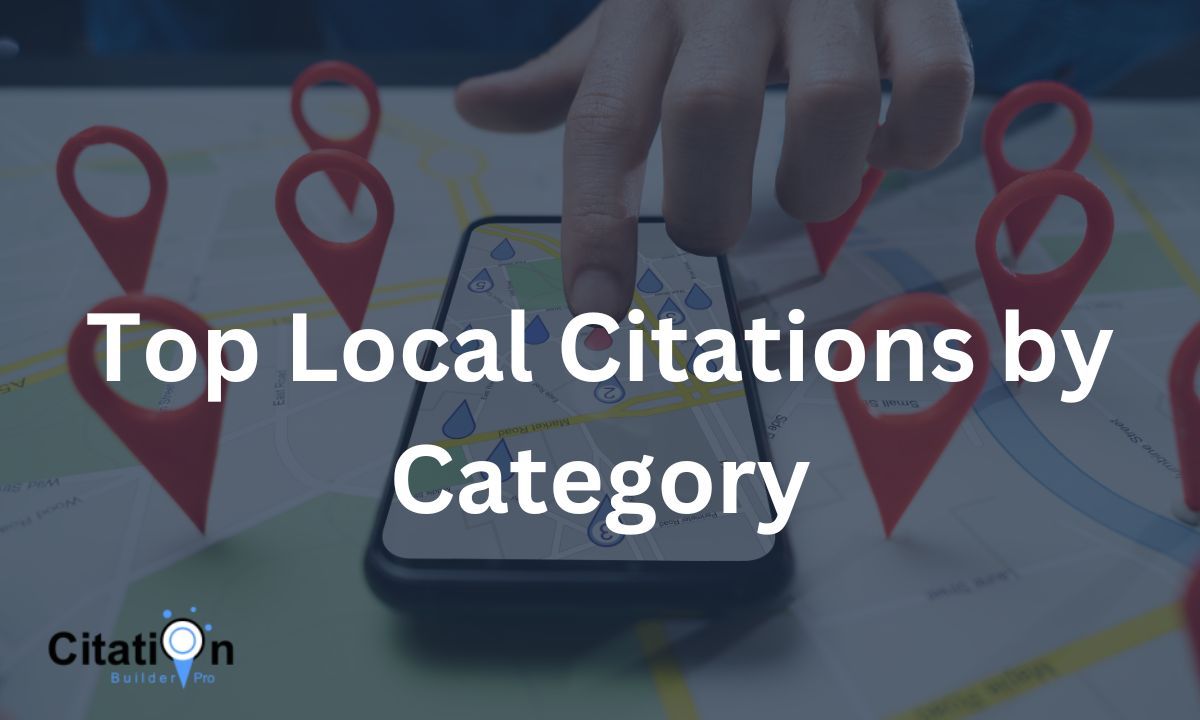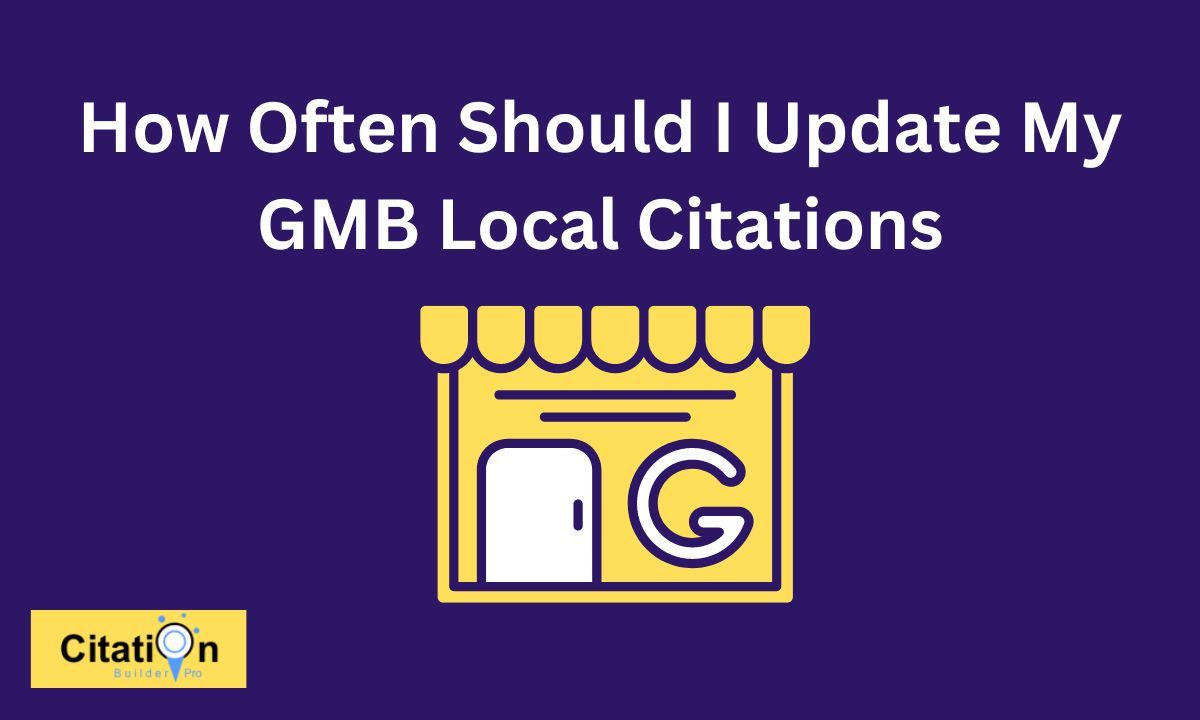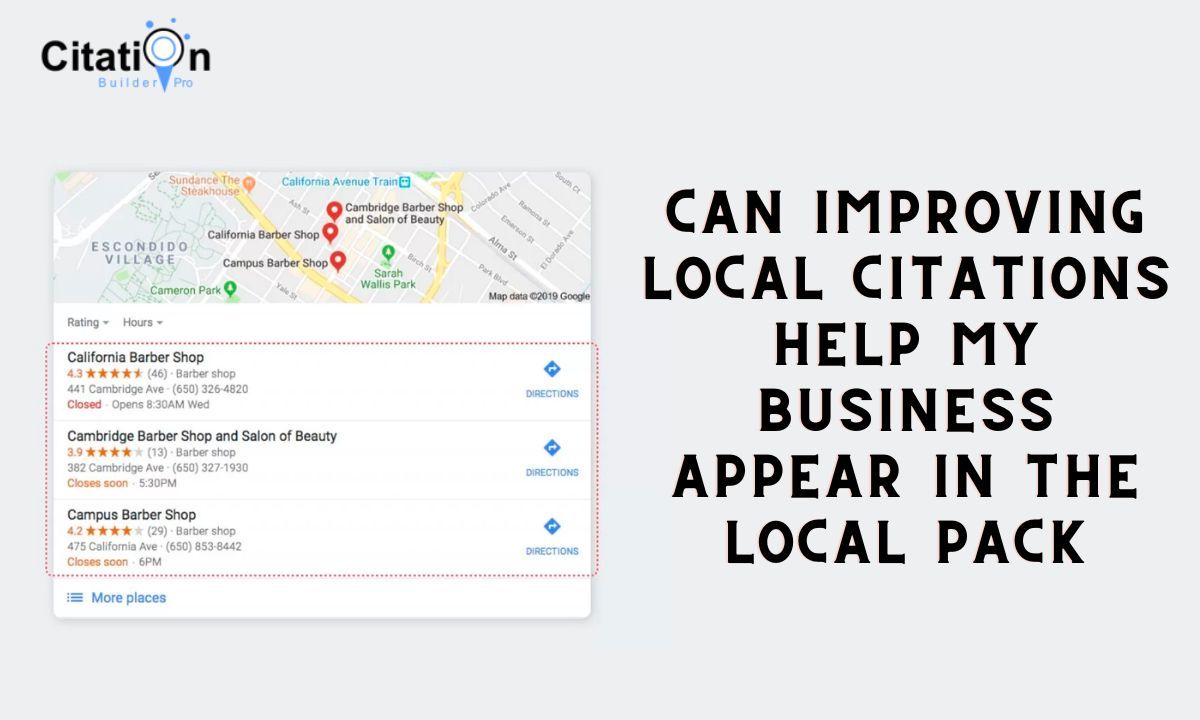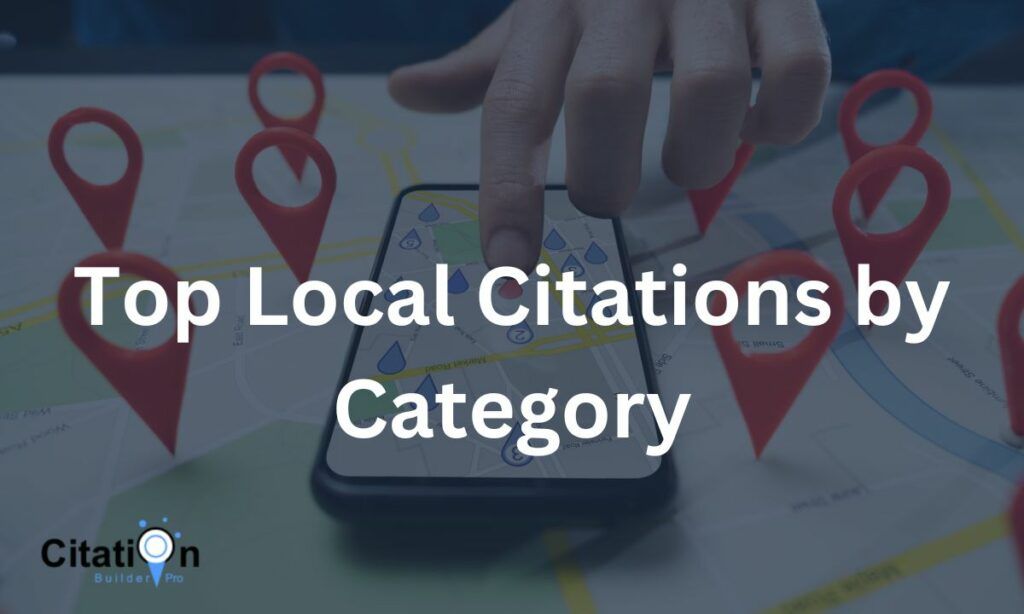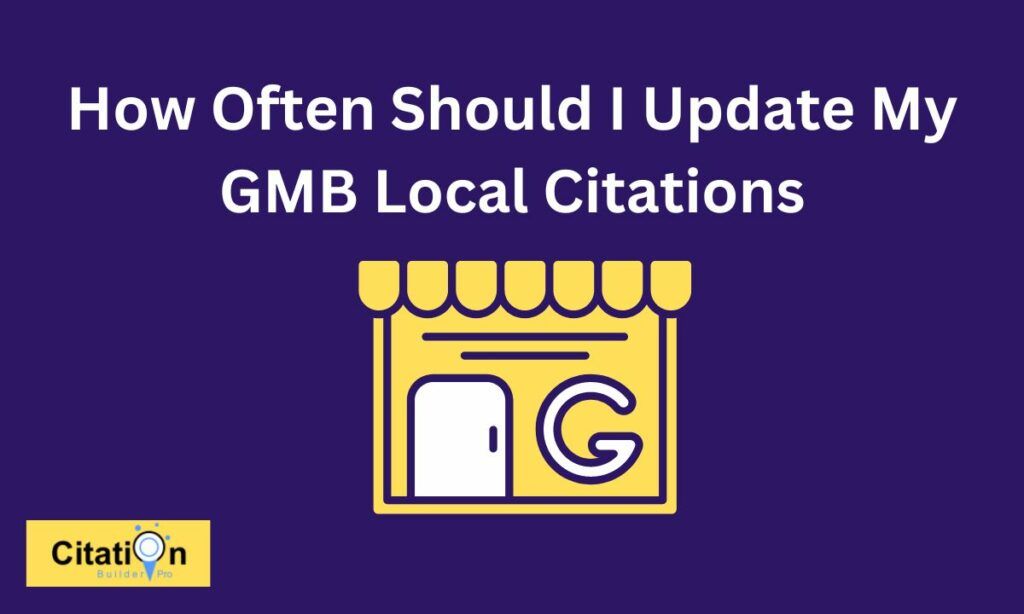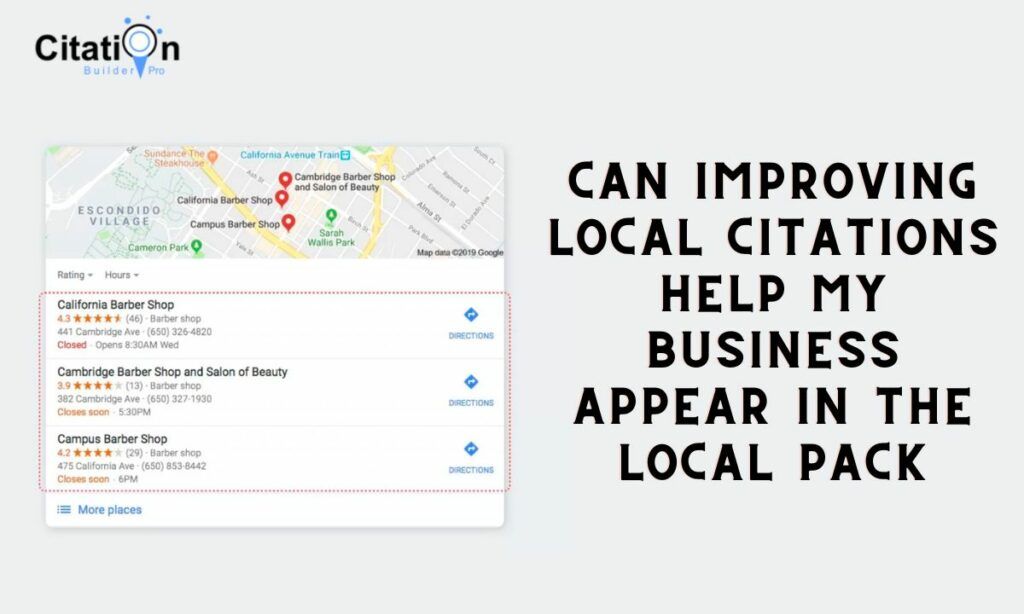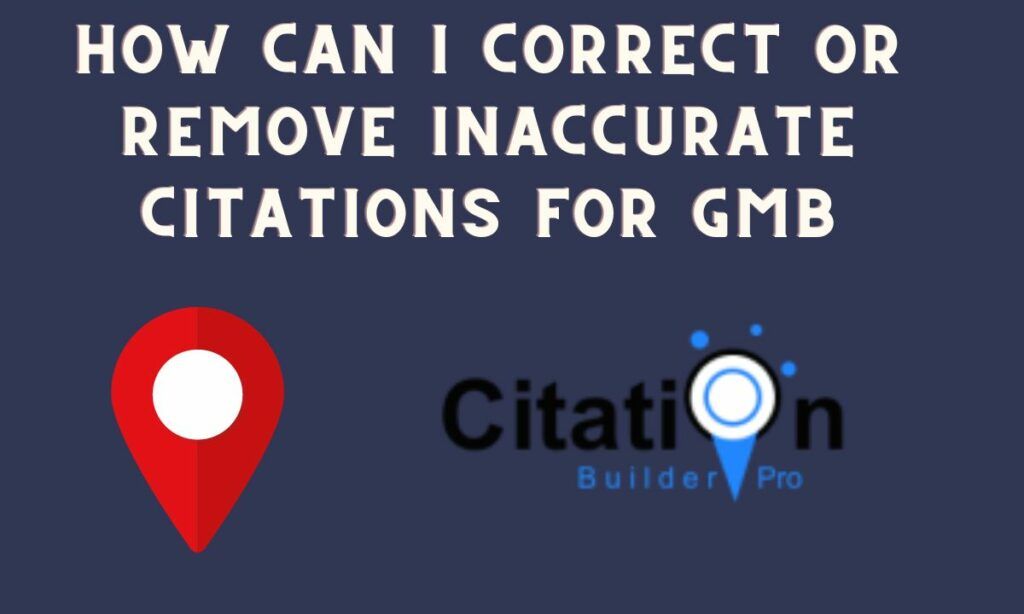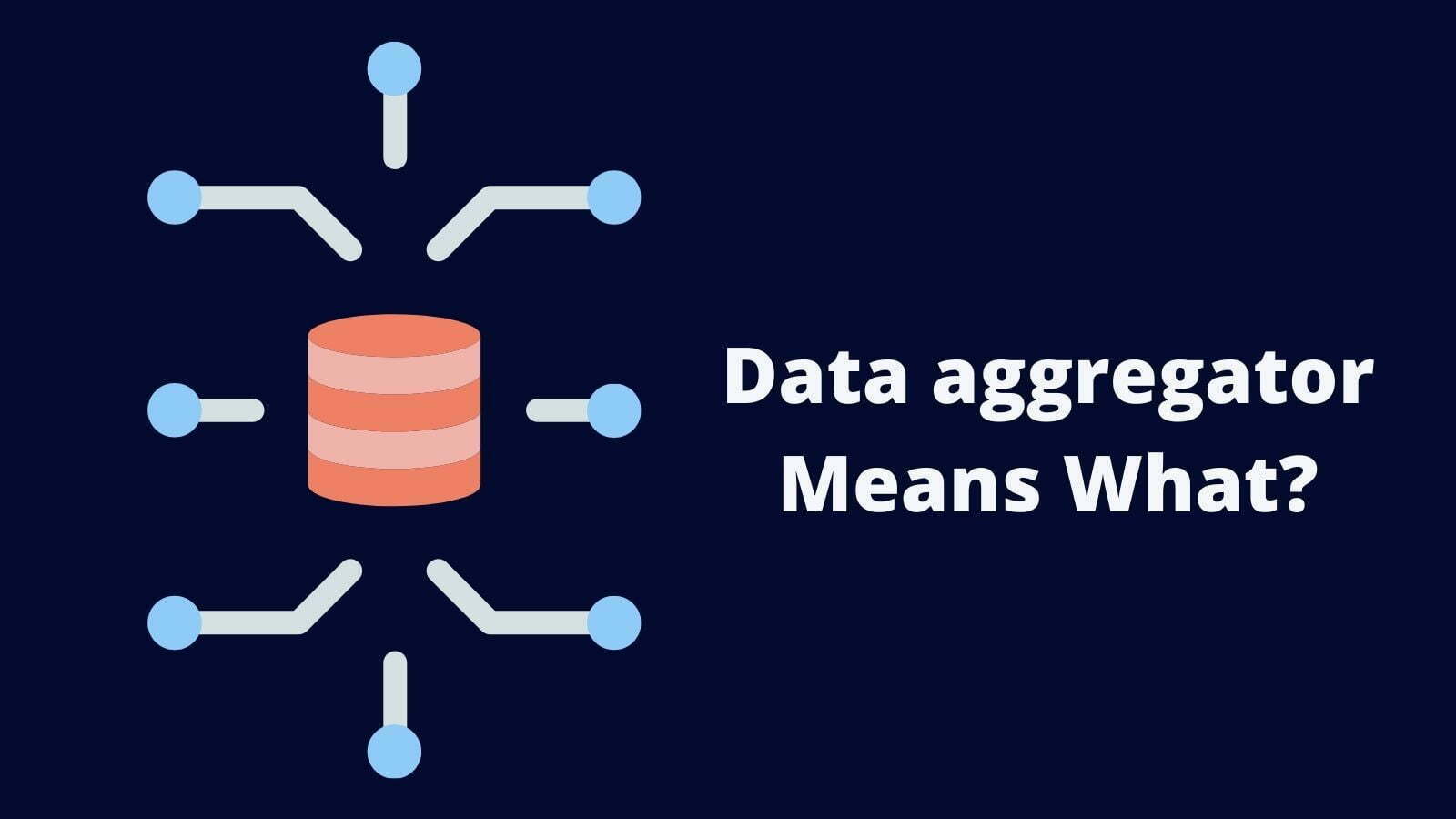
Every opportunity to make Local SEO better is valuable and, one can not afford to lose it. And with better SEO campaigns that retain efficient citation structure, how those citations are constructed and whether manual submissions or data aggregators are utilized will go from campaign to campaign. Then What are Local Data Aggregators?
Table Of Contents
What Are Local Data Aggregators?
Local Data Aggregators Are These are websites that accept and publish or submit any business data on various sites and applications a single time. However, as we know, operations have their limitations and benefits. With the wide range of Business data distribution, it assists businesses to appear more strongly on search results.
But as we speak of constraints, not every single listing placement is assured, and it works more like any ordinary marketplace.
With a Data aggregator, one can expect to appear their business on Yellow page directories, utility documents, phone manuals, and different online data providers who are the substantial business databases these aggregators have formed.
The SEO Data aggregators suit themselves within the shadow of citation when evaluating their significance to your overall local SEO.
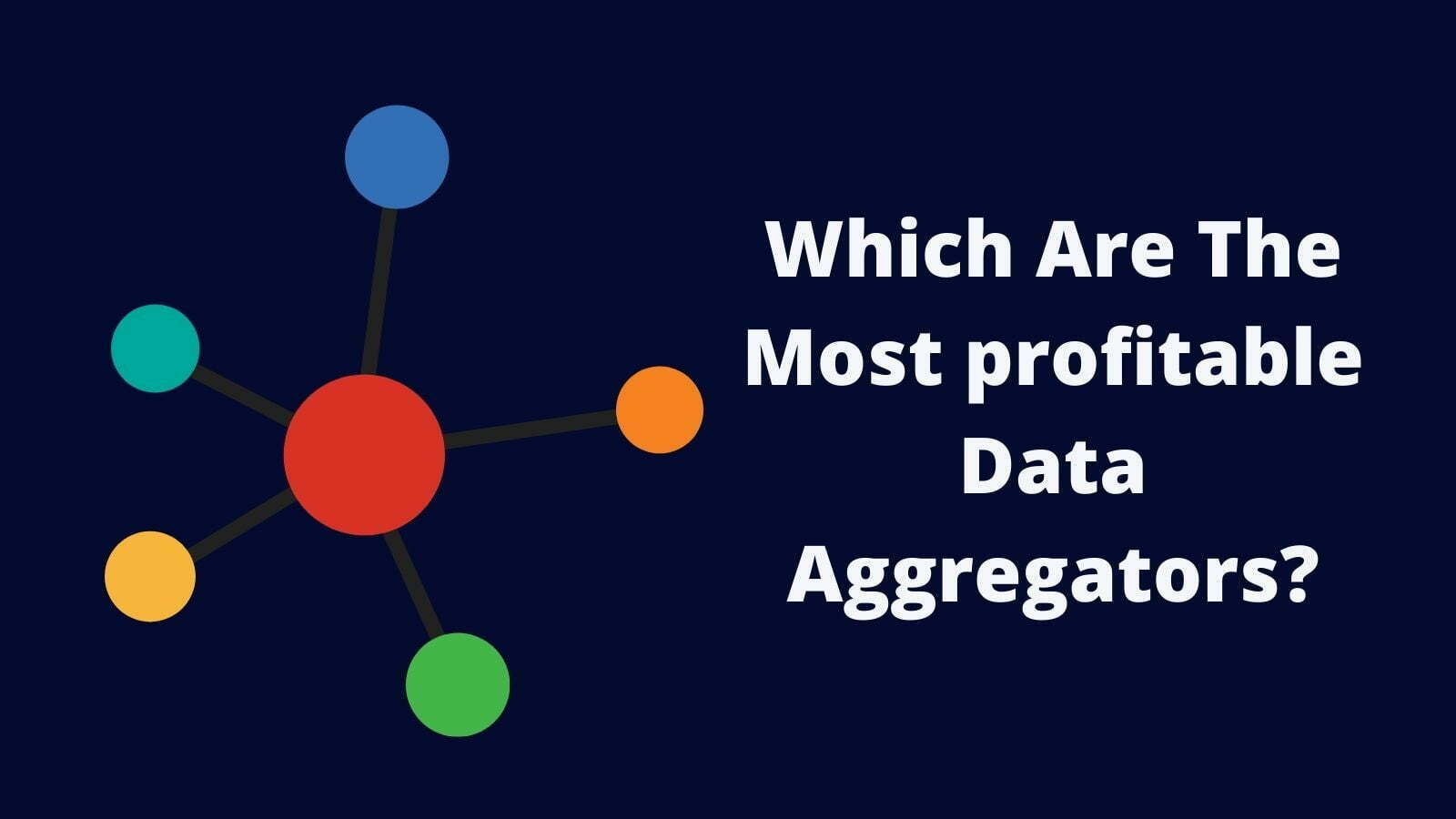
Who Are The Local Data Aggregators?
1- Foursquare
Foursquare is one of the Most Popular Data aggregator you can never miss. It proved its coin in the data aggregator market in 2020 when it merged with Factual in the same year. Factual was one of the oldest and biggest fish in the sea.
Foursquare has solely focused on providing accurate location data to various applications and sites. And nowadays, they give the data to well-known companies like Uber, Snapchat, Apple Maps and Bixby (Samsung’s Voice Assistant).
Suppose you compare with one existing Data Aggregator. In that case, Foursquare has the most significant location database integrating around 500 million devices, a panel of 25 million opted-in, always-on users, and more than 14 billion user verified review-ins.
2- Data Axle
What do you guess Data Axle receives business data suggestions via its Data Axle Local Listings and Bulk Update engines absolutely free. The process is simple enough, Search the Data Axel listing for your business on the search engine to list your site.
Then enter the information or verify the data is correct if any oddities can be redrafted and updated as much as you feel like even in the future as circumstances alter. In addition, as a reward, the top ten locations are totally free of cost!
Data Axle pilots a phone validation and then drives that data unrestricted to its fellows, which it says contain the top in-car navigation techniques. 85% of the enormous public libraries and the most significant search engines account for 98% of all US-origin internet inquiries.
3- Neustar Localeze
Small Businesses cannot invest an enormous sum. On top of that, there is always a huge competition to face in the local market. Neustar Localeze is a data aggregator especially famous for small-cap businesses. Its local inquiry resolutions for small businesses are constructed around True Identity™; it offers full access to business listing management with complete control over the data.
Companies must purchase a subscription to utilize True Identity™ – this is presently $79 per year for 1-24 locations with limitless updates over the course of time. Data is subject to continuous assurance and confirmation to guarantee absolute accuracy. An entire score is allocated to information, showing how much extra data is needed to secure trust in business data.
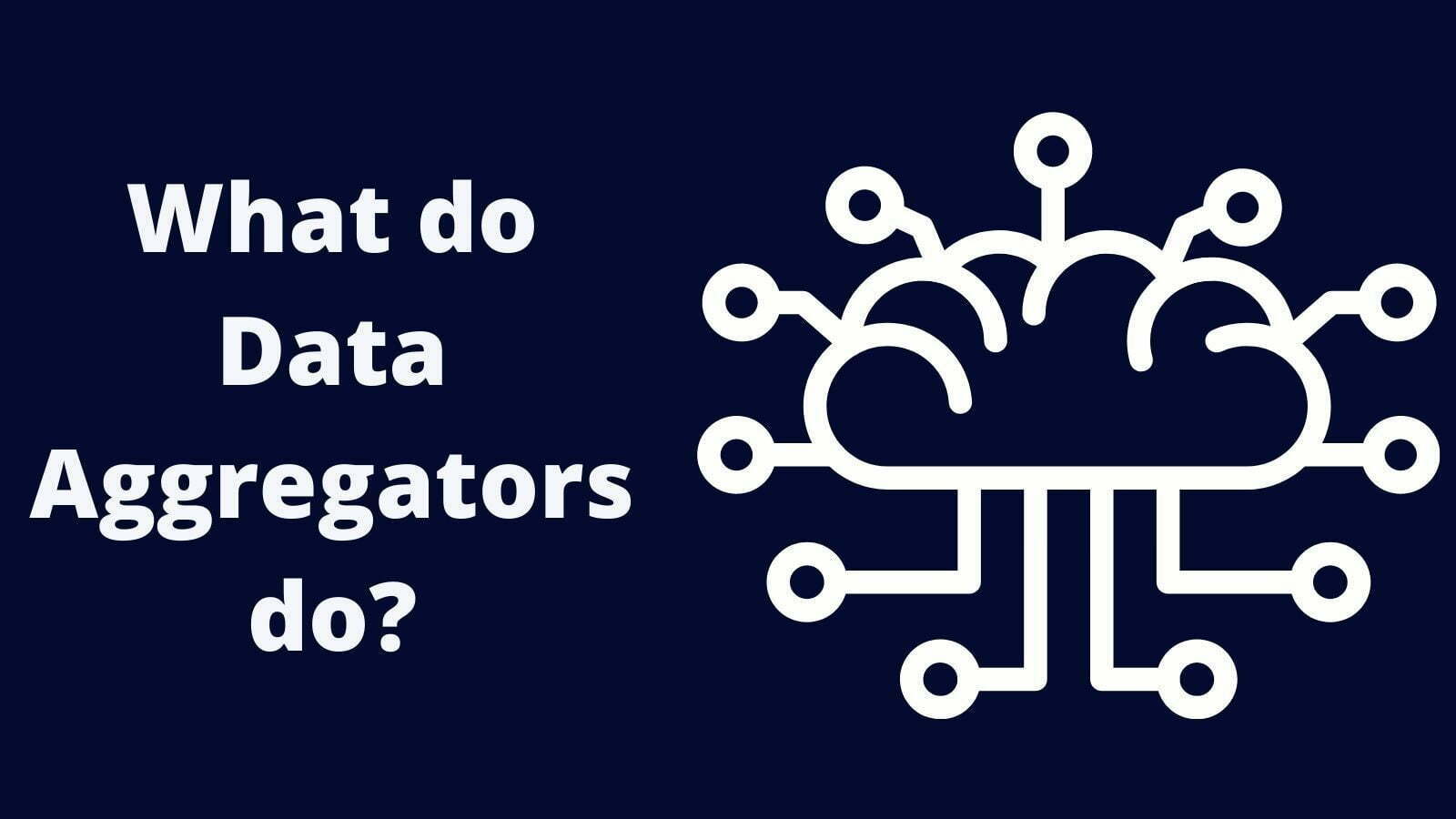
How Do Local Data Aggregators Help In Local SEO?
When doing a local search, data aggregators supply a ton of the information to search engines. They own the room well-known as the local search ecosystem, a spot where local inquiries obtain all of their data.
If one needs to explain it in simpler terms, then a data aggregator is the base foundation of the search engine to show more relevant local and accurate search results.
It is also the foundation of the influential well-arranged citations on the significant site, which means you have to make sure that substantial websites should get data right with a data aggregator.
Bert McCoy Said “Excessive talk leads to misunderstandings.”
Like this idiom, excessive and inconsistent business information can lead to misunderstanding for the search engine in terms of SEO, which means it is untrustworthy! The conflicting info about your business or wrong information on major sites can harm your SEO score, which will be heavier than beneficial.
Having contradictory information online on other major sites allows you to notch up your game with ease compared with other competitors.
Business authorities rely on the ability of data aggregators! Customers don’t have faith in businesses with irregular data online. On average, 73% of shoppers lose belief in brands due to incorrect local company listings.
Local Citations Are A Ranking Factor
According to some thoroughly researched surveys, citation gives signs to search engine means it plays a role in the local pack hierarchy. Although their prominence has reduced in recent years with new updates, local experts still argue that citations impact how Google ranks businesses in local searches.
This is because citation websites form a factor of the ‘authority layer’ of listings administration. While they don’t convey much in the path of customer concentration like big fellows like Yelp and Google, these are the websites that still construct confidence in business information when moulded at ranking.
Conclusion
Data Aggregators mean a lot in the local and global search engines, and having precisely accurate information over many sites brings many benefits to reap. Data Aggregators is one part citation which is also one of the most impactful SEO factors. Inconsistent and irregular citation is similar to “Curing symptoms more expensive than its disease”, so be consistent.
FAQ Related Local Data Aggregators
What does a data aggregator do?
Data aggregators are organizations that collect data from one or more sources and provide some value-added processing to it before packaging the result in an easy-to-understand form.
Where do data aggregators get their data from?
The role of data aggregators is to collect and share information online. Data aggregators typically “mine” for it via public records as well as other online sources. Then, they circulate it across many online directories and listings sites.
Who are the main Local Data Aggregators?
- Foursquare
- Data Axle
- Neustar Localeze
How useful was this post?
Average rating 0 / 5. Votes: 0
No votes so far! Be the first to rate this post.

I am the founder of Citation Builder Pro. I have been in the SEO and content marketing industry for 15 years and have a lot of experience in public relations and online marketing.
I started Citation Builder Bro to help businesses of all sizes create high-quality citations for their websites. My team and I are dedicated to providing our clients with the best possible services.

